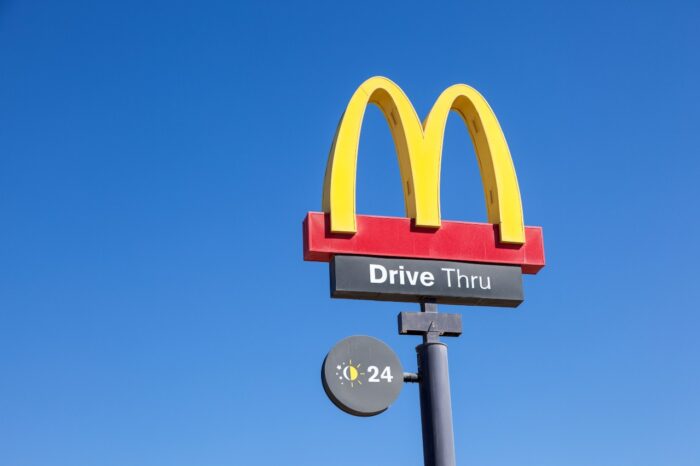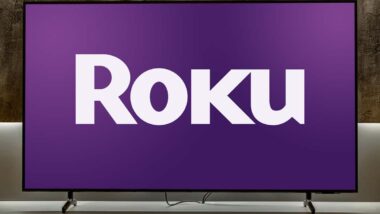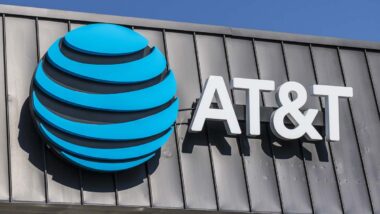Top Class Actions’s website and social media posts use affiliate links. If you make a purchase using such links, we may receive a commission, but it will not result in any additional charges to you. Please review our Affiliate Link Disclosure for more information.

Update:
- Despite agreeing to a confidentiality order, the plaintiff in the class action lawsuit Shannon Carpenter et al v. McDonald’s Corporation allegedly intends to disclose sales records of the defendant’s customers, which, as both parties concede, are indeed confidential.
- McDonald’s also accuses Plaintiff Shannon Carpenter of “trying to create facts that do not exist” when she issued subpoenas to credit card companies to obtain the data she intended to disclose.
- McDonald’s argues the sales data is not relevant to the core issue in this case and would unnecessarily burden the court and itself bia time and expenses needed to review and respond to arguments Carpenter may raise based on the data.
- McDonald’s asked the court to issue a protective order to prevent Carpenter from disclosing the confidential information and the subpoenas from being enforced.
McDonald’s Voice Data Lawsuit Overview:
- Who: Shannon Carpenter, the main plaintiff in the case, is arguing McDonald’s should have to face a BIPA class action lawsuit.
- Why: Carpenter says McDonald’s violates Illinois data privacy laws by collecting customers voiceprints without their consent at its drive-thrus.
- Where: The case is being brought in an Illinois court, but impacts customers nationwide.
(Nov. 29, 2021)
McDonald’s should have to face claims it violates Illinois data protection laws by collecting customers’ voiceprints without their consent at its drive-thrus, plaintiff Shannon Carpenter has argued in response to McDonald’s attempt to have his lawsuit dismissed.
Carpenter, who filed his class action lawsuit in April and recently had it split between state and federal courts, said in the memo that U.S. District Judge Charles Norgle should allow the claims in federal court to proceed because his allegations are well-pled and address all of McDonald’s’ points for dismissal.
McDonald’s argued that Carpenter does not allege the fast food giant collects unique identifying information that could constitute a voiceprint biometric, but Carpenter says that “wholly ignores” his allegations that McDonald’s AI voice assistant “extracts exactly the type of unique ‘identifying’ voiceprint data that BIPA seeks to protect including the speaker’s pitch, volume, duration, age, gender, nationality, and national origin.”
“Indeed, one can hardly think of a more comprehensive list of attributes that would constitute ‘identifying’ biometric information,” he states in the response.
Carpenter’s lawsuit argues that in 2019, in an effort to reduce staff and increase profits, McDonald’s introduced AI voice assistants at its drive-thrus which operate by extracting customers’ voiceprint biometrics to determine unique features of their voice.
Those features include the pitch, volume, and duration, as well as identifying information from within the voiceprint such as their age, gender, nationality, and national origin, he argues.
The software, he said, was introduced in conjunction with other AI technologies, including automatic license plate scanning technology, so that the voice assistant can identify unique customers regardless of which location they visit and give them tailored menu options.
McDonald’s Does Not Obtain Customer Consent Before Gathering Voice Data at Drive-Thrus, Class Action Alleges
Critically, McDonald’s never obtains consent from its customers before they interact with the AI voice assistance and have their voiceprint biometrics collected, and the company does not have a publicly available data retention policy violating the Illinois Biometric Information Privacy Act (BIPA), Carpenter alleges.
In his memo, Carpenter also argues that there is no validity to McDonald’s claims that he fails to allege any factual detail as to how his biometrics were collected, as he gave the exact location of the restaurant where he visited and had his voiceprint biometrics taken.
“In short, Plaintiff’s well-pled allegations, which the Court must accept as true at the pleading stage, establish a claim under BIPA.”
Did you know your voiceprint can be collected at drive-throughs? Tell us how you feel about that in the comments!
Carpenter is represented by Eugene Y. Turin, Timothy P. Kingsbury, Colin P. Buscarini and Andrew T. Heldut of McGuire Law PC.
McDonald’s is represented by Michael J. Gray, Efrat R. Schulman, Thomas W. Ritchie, Jennifer W. Plagman and Katherine S. Bailey of Jones Day.
The McDonald’s Drive-Thru BIPA Class Action Lawsuit is Carpenter v. McDonald’s Corp., Case No. 1:21-cv-02906, in the U.S. District Court for the Northern District of Illinois.
Don’t Miss Out!
Check out our list of Class Action Lawsuits and Class Action Settlements you may qualify to join!
Read About More Class Action Lawsuits & Class Action Settlements:
- GoDaddy Data Breach Exposed Private Information of up to 1.2M Users
- Hudson’s Bay Company, Saks, Saks OFF 5TH, Lord & Taylor $2M Data Breach Settlement
- Kroger Can Move Forward With $5M Accellion Data Breach Class Action Settlement, Judge Rules
- Morgan Stanley, Clients Ink Data Security Mismanagement Class Action Settlement















52 thoughts onMcDonald’s seeks ban to forbid confidential consumer information disclosure in voice data lawsuit
I served a Subpoena on this case for the Plaintiff nearly a year ago now. I have yet to be paid for it despite repeated attempts and requests, including calling the attorney of record directly.